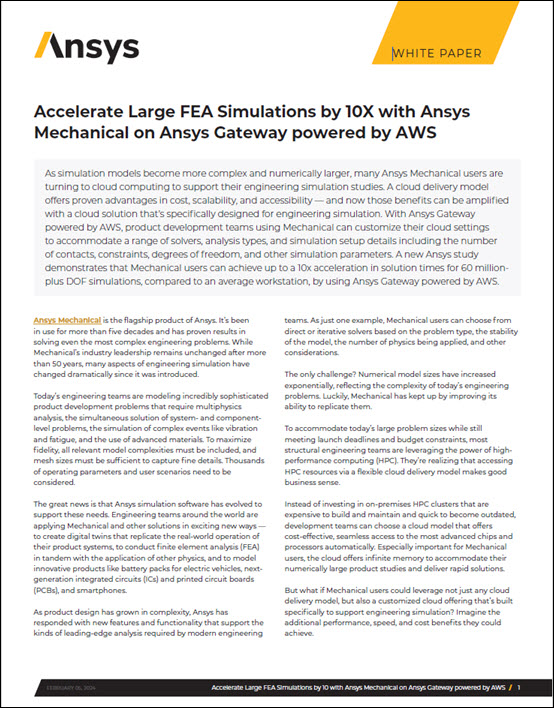Dell Technologies and AMD are helping the world’s preeminent research computing centers embrace HPC, AI and data analytics to make more discoveries, faster
 Many institutes of higher education are home to research scientists using powerful HPC systems to help them answer important scientific questions. As is the nature of science, each answer inevitably leads to another question. As the questions get more complicated and the data sets required to answer them get bigger, many of these research computing centers are pushing the boundaries of the technology, combining typical HPC scientific and research workloads with large-scale data analytics and artificial intelligence (AI), including machine learning.
Many institutes of higher education are home to research scientists using powerful HPC systems to help them answer important scientific questions. As is the nature of science, each answer inevitably leads to another question. As the questions get more complicated and the data sets required to answer them get bigger, many of these research computing centers are pushing the boundaries of the technology, combining typical HPC scientific and research workloads with large-scale data analytics and artificial intelligence (AI), including machine learning.
Dell Technologies has long partnered with university-led supercomputing centers, working side-by-side with world-class researchers and scientists to develop, test and tune HPC systems for their workloads. This work often includes incorporating the newest processing technologies from AMD, such as second-generation AMD® EPYC™ processors. Since the introduction of EPYC, several academic institutions have incorporated Dell EMC PowerEdge servers with AMD EPYC processors into their HPC and supercomputing clusters.
For example, when the San Diego Supercomputing Center (SDSC), received a US$10 million grant from the National Science Foundation (NSF) for its Expanse supercomputer, the center chose to architect the system with Dell EMC PowerEdge C6525 dual-socket servers with second-generation AMD EPYC processors. The new system will boast more than 93,000 CPU cores and support over 50,000 scientific users.
According to Shawn Strande, deputy director of SDSC, “It’s important that we continue to evolve in terms of broadening overall access among the research community. This, taken together with Dell working closely with AMD on the server design, was important to us.”
The Center for Genomic Research and Biocomputing (CGRB) at Oregon State University chose Dell EMC PowerEdge R7425 Servers with AMD EPYC processors as part of its heterogeneous computing infrastructure. The center supports a wide range of HPC research applications, from quantum mechanics and genomics to tropical biodiversity studies.
Cardiff University in Wales chose Dell EMC PowerEdge servers with AMD EPYC processors to support its genomic and bioinformatic research, which uses high-throughput analysis for gene sequencing to develop personalized medicine.
For these university-based research institutions and others like them, running analytics and AI alongside traditional HPC workloads is becoming the norm, helping them harness increasing data sets and unlock new discoveries. Together Dell Technologies and AMD are enabling the next generation of high-performance, high-throughput solutions that will enable new insights for higher education.
- Read the Intersect360 Research Report: AI and the New HPC: Driving Scientific Research in Higher Education.
- Visit DellTechnologies.com/HPC.





It is good to see AMD putting Descartes before the bourse.